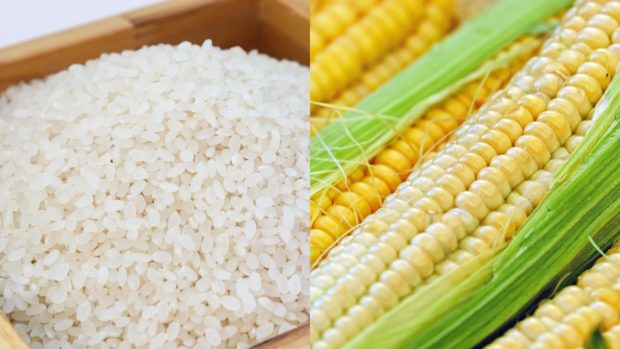Barriers to foreign investments in the rice and corn sectors that were put up during the Martial Law era need to be lifted to encourage the levelling up of growing these crops as well as help in the development of allied industries that use these grains, according to the Foundation for Economic Freedom (FEF).
This developed as the national government announced that it wanted to spend twice as much on the National Rice Program, pushing for P30.5 billion in the 2023 budget law from P15.8 billion this year.
“We call on the 19th Congress to build on its momentum to attract more capital into the country by removing foreign investment restrictions in the critical rice and corn sectors—staple commodities of the Filipino food basket,” the FEF said in a statement.
The public advocacy group is dedicated to “advancing the cause of economic and political liberty, good governance, secure and well-defined property rights, market-oriented reforms and consumer protection.
Influential figures
FEF members include former and present Cabinet secretaries and undersecretaries, leading figures in the academe, respected media personalities and opinion makers, and prominent members in the business and finance community.
The group said that non-Filipinos have been barred from participating in the rice and corn industries as far back as 1960 when the Rice and Corn Nationalization Law was enacted.
Meanwhile, the Rice and Corn Law or Presidential Decree No. 194 that was issued in May 1973 during the first year of Martial Law, eased the ban by allowing the entry of foreign persons or entities in the said sectors to promote a national effort to develop the domestic rice and corn industry, especially in cases where grains, including rice and corn or their by-products, are used for direct consumption or as raw materials.
However, the FEF, said the same law mandates a subsequent divestment of a foreign business related to rice and corn. The foreign investor is required to offload at least 60 percent of its interest, in favor of a local entity. In 1998, this was required to be done after 30 years of foreign operation.
Restrictive rules
“It is worth noting that the mere acquisition of raw materials for manufacture or processing of finished goods, culture, production, milling, processing and trading, of rice, corn and their by-products constituted ‘participation’ in the [rice and corn] sectors,” the FEF said.
“These policies have hampered the growth of foreign participation in these two vital staple markets, while threatening the many foreign companies involved in the rice and corn sectors today, including those which use these commodities as inputs to their production processes such as food and feed manufacturers, as well as livestock and poultry growers,” the group added.
Meanwhile, the Philippines now relies on the importation of grains and this suggests that greater investment in these industries “is utterly needed from both domestic and foreign sources.”
If foreigners were allowed, the country could benefit from the transfer of new technologies such as biotech seeds and the development of higher value-added downstream industries such as ethanol and even starch or syrup production. INQ


